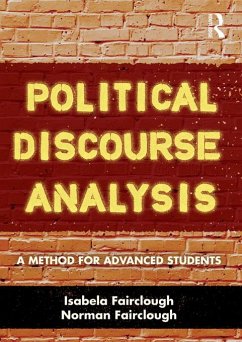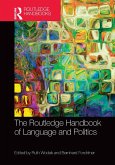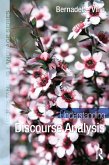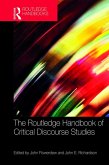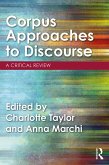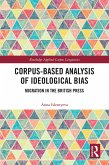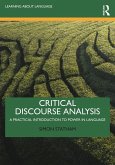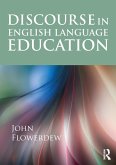Dieser Download kann aus rechtlichen Gründen nur mit Rechnungsadresse in A, B, BG, CY, CZ, D, DK, EW, E, FIN, F, GR, HR, H, IRL, I, LT, L, LR, M, NL, PL, P, R, S, SLO, SK ausgeliefert werden.
'This is exactly the book we were waiting for: a clear and thorough method for analysing political discourse, written from a critical perspective and paying due attention to practical arguments. Isabela and Norman Fairclough have done a great job.'
Frans H. van Eemeren, University of Amsterdam, The Netherlands
'An innovative and important extension of the reach of research into political language and discourse. Sure to become an essential reference point, this book will make possible new collaborations (not to mention arguments) involving scholars of linguistics, political theorists of deliberation, discourse or ideology, and political scientists.'
Alan Finlayson, Swansea University, UK

